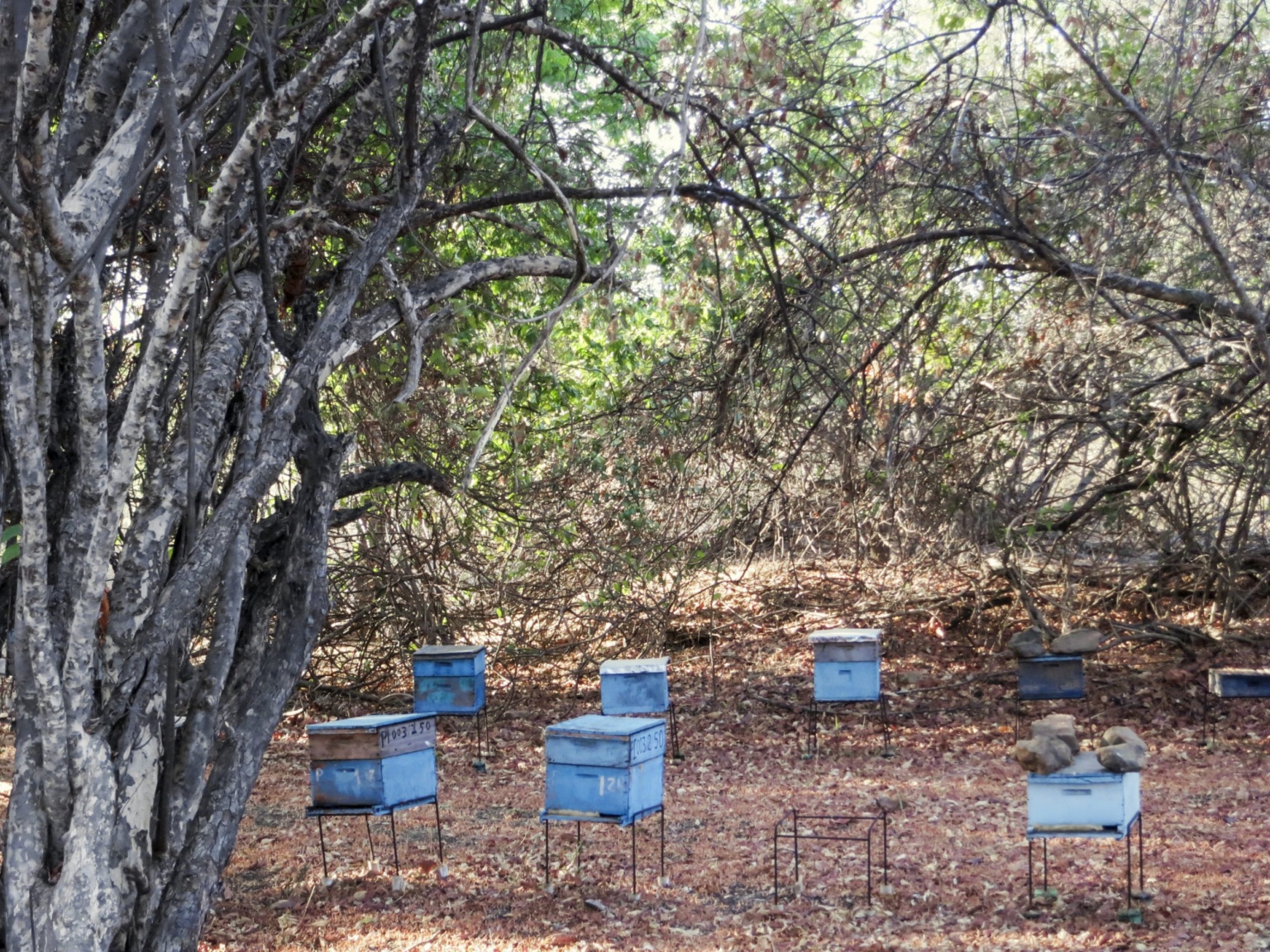
Casa Apis
- honey cooperative from a bone-dry and economically disadvantaged region of Brazil
- produces quality, characterful blossom honey that’s fair-trade and organic
- invests systematically in new beehives and modern processing facilities
Hope for a drought-ridden region
There is precious little work in the Caatinga, a semi-desert region in the north east of Brazil. Because of the lack of industry here, the area has very little to offer in economic terms. So the additional income offered to its disadvantaged residents by Casa Apis is very welcome indeed. It provides this assistance by supporting the local farmers in the keeping of bees and the sale of their honey.
Despite much misfortune – such as its long drought periods, drug trafficking, food scarcity and high child mortality rate – the Brazilian Caatinga has one major advantage: its unique flora. In the few months when its flora are in bloom, the region’s bee population flourishes.
This makes the regions surrounding Piaui and Maranhão extremely well suited to honey production.
Fair-trade honey ready to take over the world
Casa Apis currently sells around 10% of its honey domestically. All the rest is exported to the EU and the United States under fair-trade and organic conditions.
The cooperative owes its success to the continued development of their infrastructure ever since they got off the ground in 2007. A large part of the budget for this comes from the fair trade premium (info in Dutch).
- Casa Apis shares out wooden beehives among its honey producers.
- The cooperative can process its farmers’ honey itself. And it does so in full compliance with the international HACCP standards of food safety. Furthermore, the 28 small-scale facilities for honey extraction meet the strict EU legislation on the production of honey.
- The cooperative relocates the beehives (bees and all!) and the processing facilities as soon as the blossoming period is over in the state of Piauí. Everything is moved to the state of Maranhão, about 500 km away. Other flowers can be found growing there, closer to the Amazon River. Thanks to this yearly move, the beekeepers can get a lot more revenue from their beehives.
- Casa Apis digs wells in Piauí where they are lacking, bringing drinkable water to both the bees and the locals.
Casa Apis invests in people as well as its facilities. A well-trained team supports the 600 beekeepers in many areas of expertise. The cooperative organises training courses for novice beekeepers, for example. It also calls in bee experts to attend to specific problems. And all the effort is paying off. The cooperative is thriving and young people are captivated by it. They see a real future in beekeeping.
We’re making good money from our honey thanks to the free beehives from Casa Apis. Selling to fair-trade and organic clients overseas gives us a guaranteed income. Although there’s little work in our region, we have hope for our children’s future.
Eusebio, Casa Apis
Casa Apis & Oxfam
- Since 2018 we’ve been using the honey from Casa Apis in our speculoos cookies, and you can taste it. Did we mention that this high-quality, characterful honey is also organic and fair-trade?
- Oxfam Fair Trade has helped Casa Apis in the search for new clients and continues to do so. As a member of the EFTA (European Fair Trade Association) we’re happy to bring the cooperative in contact with other European fair-trade companies. We are confident that this will lead to additional revenue for Casa Apis.
- As a result of the drought, around 60% of the bees that used to graze in the Caatinga have left for greener pastures. Casa Apis has therefore launched an ecological reforestation project, under the expert eye of scientists, financed in part by Fairtrade premiums.